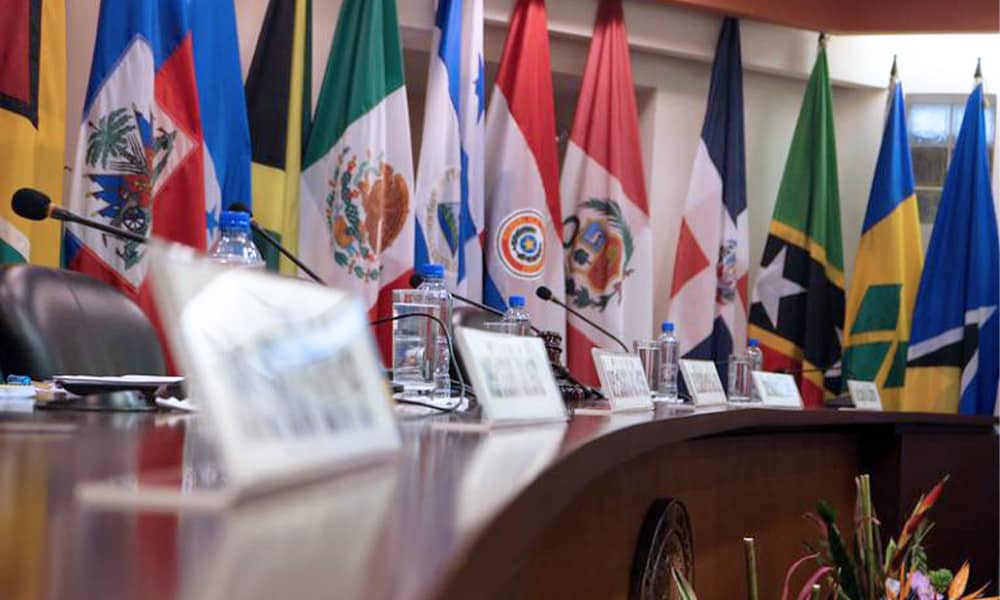The Inter-American Court of Human Rights condemned Honduras on Monday for the “arbitrary dismissal” of four of the five magistrates of the Supreme Court’s Constitutional Chamber in 2012.
The Honduran Congress dismissed the magistrates amid a controversy over a plan to “purge” the Police, devised by then-President Porfirio Lobo and supported by the head of the legislature, Juan Orlando Hernández, who would later succeed him as president and who is now imprisoned in the United States for drug trafficking.
The Court highlighted in its ruling “the international responsibility of the State of Honduras for the violation of judicial guarantees, the principles of legality and judicial independence, as well as the political rights, judicial protection, job stability, and personal integrity of the magistrates.”
The dismissed judges are José Antonio Gutiérrez Navas, Gustavo Enrique Bustillo Palma, Rosalinda Cruz Sequeira, and José Francisco Ruiz Gaekel, who had ruled that the police purge was “unconstitutional.” The only judge who supported the plan was not removed. Lobo and Hernández claimed that the purge was necessary to expel corrupt police officers.
Instead of the dismissed judges, Lobo and Hernández imposed magistrates aligned with them, who gave the green light to the controversial re-election of the latter in 2014, something that was prohibited in the constitution.
Lobo was investigated for fraud after leaving power, and Hernández was extradited to the United States, where he was found guilty of drug trafficking on March 8.
According to the U.S. Attorney’s Office, while he was head of Congress and later president, Hernández publicly promoted laws against organized crime, but privately he was a “drug trafficker” and protected a network that sent more than 500 tons of cocaine to the United States.
The magistrates were dismissed “by an authority that lacked jurisdiction, which constituted a violation of the guarantee of judicial independence,” the Court, based in San José, indicated in its ruling.
Congress incurred a “misuse of power” to punish the four magistrates “for their decisions and exert external pressure on the Judiciary,” it added.
Furthermore, the Court said that the magistrates were absent from the parliamentary session that approved their removal, were not informed of what was happening, nor were they granted the opportunity to defend themselves.
“Honduras violated judicial guarantees and the principle of legality,” the Court emphasized, as the separation of powers was violated.
As measures of reparation, the Court ordered Honduras to pay compensation to the former magistrates, hold a public act of acknowledgment of responsibility, and adapt the internal legal system.






